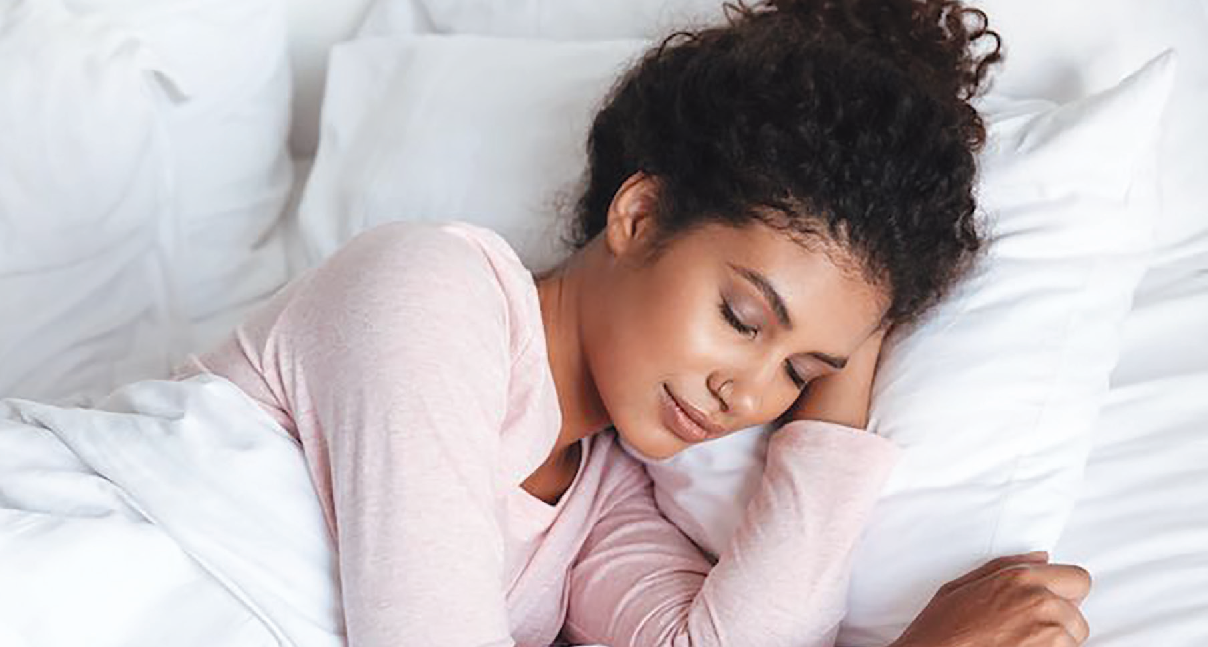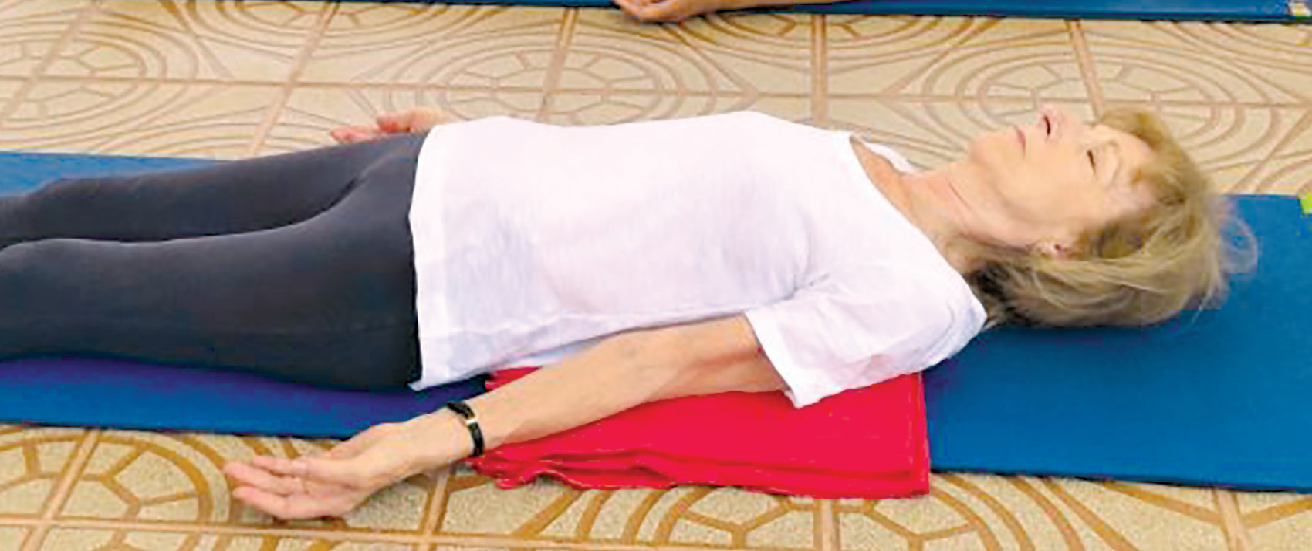
How to avoid common hair oiling mistakes
Neha Ghosh
Free Press Journal: Regular oil application to the hair reduces hair fatigue and protects the hair follicle from surfactants by filling the gap between the cuticle cells. Oil is also beneficial to the scalp. When you massage your scalp gently, it helps with exfoliation, which can sometimes reduce hair loss. Coconut oil, almond oil, castor oil, onion oil, and amla oil are some of the best oils for your hair and scalp.
There’s no doubt that oiling hair is a blanket solution for everything from lifeless tresses to damaged ends to stress relief, whether you’ve read about it online or heard it from your grandmother. While we know of the thousands of benefits a good champi can have on your hair and scalp health, how do you know whether you are oiling your hair the right way? Yes, there is a right way to oil your hair! And we are here to help you with that by pointing out 5 common hair oiling mistakes and how you can avoid them.
Dandruff sufferers should avoid it: This could come off as a shock - well, it certainly was for me! You shouldn’t oil your scalp when you have dandruff. Instead, use aloe vera gel, crushed neem leaves, or neem oil to cleanse your scalp.
If your scalp is oily, don’t oil your hair: Oily hair and an oily scalp aren’t a good combination. However, even when you have dry hair and an oily scalp, oiling won’t help, as it can further clog your pores. Instead, you can soothe your scalp and soften your hair with aloe vera gel.
Last but not least: If you have hair loss, stay away from oil Like good nutrition and food, oiling strengthens the roots and keeps your hair from falling. If you already have hair loss, you don’t need oiling. Instead, use a mask of yoghurt, soaked fenugreek and kalonji seeds. Or whisk an egg and add avocado or bananas. Apply it to your scalp and wash it off after 20 minutes. When your hair falls out because of a dehydrated/ dry scalp or hair, your hair needs oiling, but not for anything and everything!
 English daily published in Bengaluru & Doha
English daily published in Bengaluru & Doha






